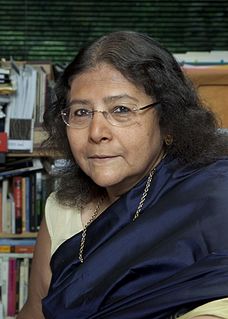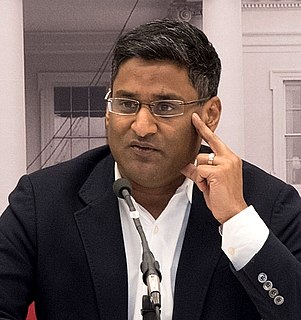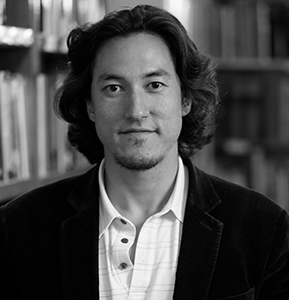A Quote by Ravish Kumar
Watching people getting absorbed in news, I have learned that if the media wants, it can empower citizens with its brave questions. It can make India's democracy more alive.
Related Quotes
I am kind of a sucker for democracy, so I do think that what kinds of citizens we have in our societies are more foundational than what kinds of governments we have, and that the responsibility for self-government is ultimately with us. But we also have learned through a couple thousand years of democracy that democracies are only as good as people's capacity to reflect on those questions.
Democracy depends on citizens being informed, and since our media, especially television (which is the most important source of news for most Americans) reports mostly what the people in power do, and repeats what the people in power say, the public is badly informed, and it means we cannot really say we have a functioning democracy.
It is an error to divide people into the living and the dead: there are people who are dead-alive, and people who are alive-alive. The dead-alive also write, walk, speak, act. But they make no mistakes; only machines make no mistakes, and they produce only dead things. The alive-alive are constantly in error, in search, in questions, in torment.
When people in a democracy are not educated in the art of living -- to strengthen their conscience, compassion, and ability to question and think critically -- they can be easily manipulated by fear and propaganda. A democracy is only as wise as its citizens, and a democracy of ignorant citizens can be as dangerous as a dictatorship.
There's no necessary connection between maximizing social utility or economic wealth and creating a flourishing democracy. The first does not guarantee the second. The only way to create a flourishing democracy is to find ways to reason together about the big questions, including hard questions about justice and the common good, to reason together about these questions so that we as citizens can decide how to shape the forces that govern our lives.
Watching the evening news in 2011 is a strange time-travel experience. 'The CBS Evening News,' 'ABC World News' and 'NBC Nightly News' haven't changed their style over the decades, still going for that old-fashioned mix of voice-of-authority pomp and feel-good fluff. The difference is that people aren't watching.

































